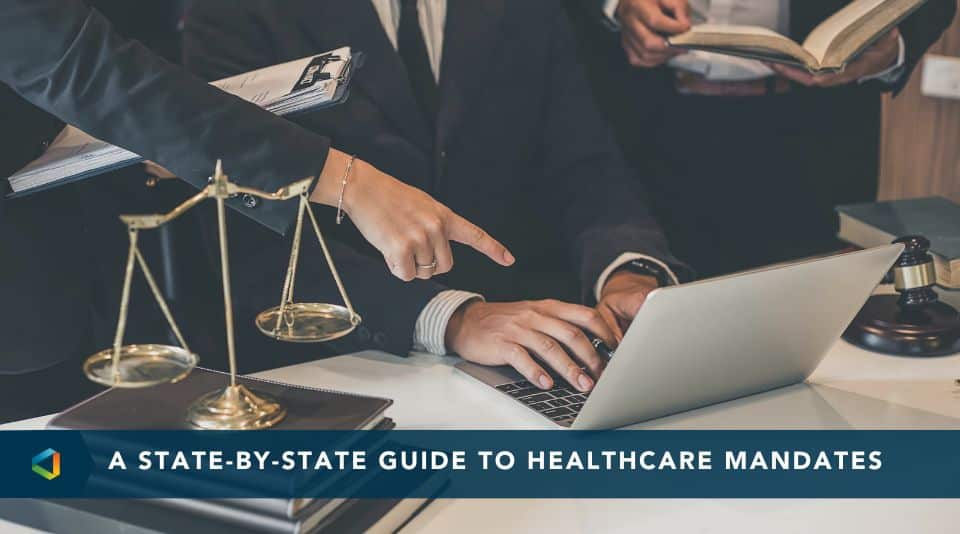In an anticipated move on the heels of its proposed rules, the Department of Health and Human Services (HHS) issued a new rule which broadens exemptions to the Affordable Care Act (ACA) contraceptive mandate.
HHS issued these new rules with the goal of better balancing “the Government’s interest in ensuring coverage for contraceptive and sterilization services…” and providing “conscience protections for individuals and entities with sincerely held religious beliefs.”
Under the ACA, women’s preventive health care, such as contraceptives, mammograms, screenings for cervical cancer, prenatal care, and other services, generally must be covered with no cost-sharing.
The ACA contraceptive mandate, however, provides for an exemption from these requirements for group health plans of “religious employers,” as well as accommodations for other non-profit religious organizations that object to providing contraceptive services on religious grounds. Additionally, in Burwell v. Hobby Lobby Stores, Inc., the Supreme Court extended similar accommodations to closely held for-profit entities with religious objections to providing contraceptive services.
Non-Governmental Plan Sponsors
Under the newly issued rule, any non-governmental plan sponsors and certain higher education institutions can also take advantage of the exemption if it objects to contraceptive services based on sincerely held religious beliefs. Entities seeking to exercise this exemption do not need to file notices or certifications for the exemptions, but are still held to existing ERISA disclosure requirements for its plan participants.
Health Insurance Issuer
A health insurance issuer offering individual and group insurance is also exempt from the contraceptive mandate if it sincerely holds its own religious objections to providing the coverage. However, only individuals or plan sponsors who themselves object to contraceptive coverage are eligible to purchase or enroll in coverage from an exempt issuer. The exemption for health insurance issuers does not specially apply to third-party administrators. Yet, only under the existing accommodation process is a third-party administrator required to provide or arrange for contraceptive coverage to which they might object.
Individual Participants
The new rules also allow for an individual exemption that permits plan sponsors and issuers that do not object to offering contraceptives to offer religiously acceptable coverage to individual participants who do object, while continuing to offer other contraceptive coverage to individuals who do not object. This exemption applies to private and governmental employers – meaning governmental employers who are not exempt may honor the objections of individual employees. The exemption, however, may not be used to require a plan or issuer to provide coverage without contraception or prevent the application of State law requiring contraceptives.
The interim final rule is effective immediately, but HHS is requesting public comments on the rule. Any written comments on these interim final rules must be received by December 5, 2017. The public can submit comments electronically via http://www.regulations.gov or by mail at Centers for Medicare & Medicaid Services, Department of Health and Human Services, Attention: CMS-9940-IFC, P.O. Box 8016, Baltimore, MD 21244-8016.




